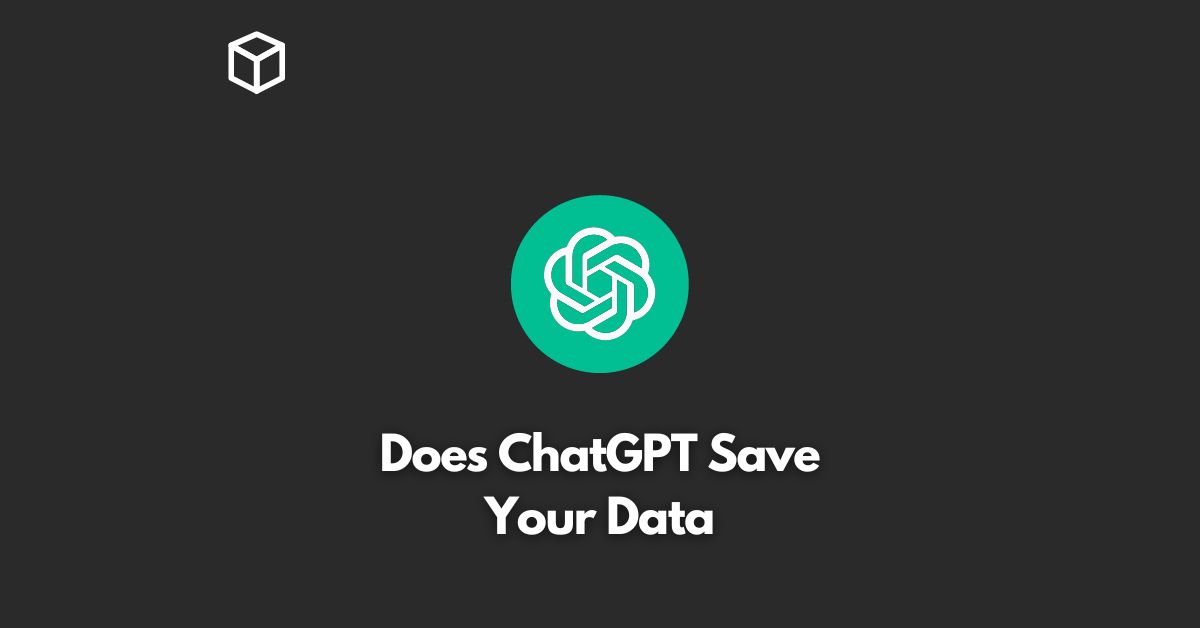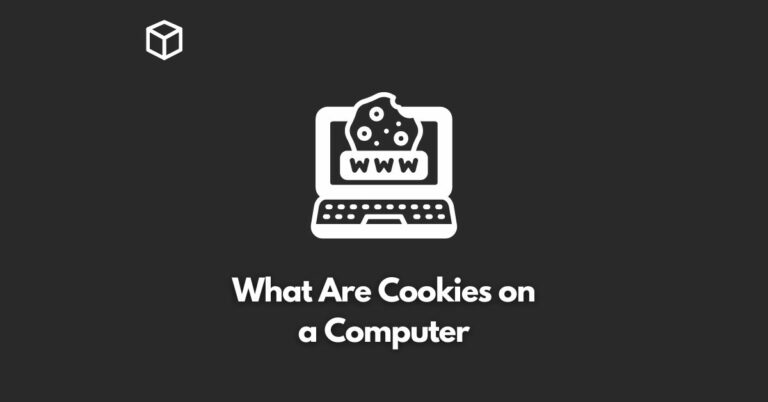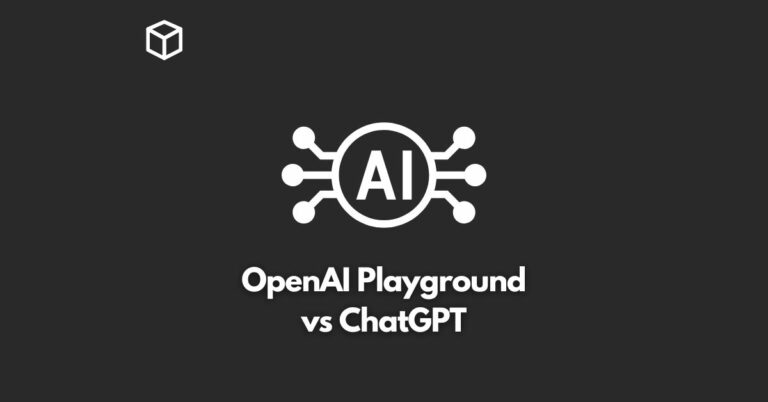In the landscape of emerging artificial intelligence technologies, one of the most impressive and engaging advancements comes from OpenAI’s conversational model, ChatGPT.
Many people interact with this AI for the first time with a sense of wonder and fascination.
However, as with any online service, traditional privacy concerns still apply. Therefore, a key question arises: Does ChatGPT save your data?
Understanding Data Storage in ChatGPT
To fully comprehend how ChatGPT handles data, it’s crucial to understand that it indeed saves your personal information, albeit in a different manner from most conventional online services.
During interactions with ChatGPT, all messages sent by users are stored. This accumulated data significantly contributes to the further enhancement, fine-tuning and updating of ChatGPT.
However, if a user unknowingly reveals personal information to ChatGPT under the assumption that it is a neutral AI devoid of human intervention, potential privacy issues can arise.
Furthermore, on the ChatGPT backend, your messages are linked to your account, creating a scenario where disclosed personal information could be stored on a server and potentially tied to your real identity.
In addition to the primary purpose of improving ChatGPT’s performance, it’s worth noting that collected data could be used for other reasons.
One such example could be in the realm of advertising, where a large database of user information might be attractive to advertisers looking for targeted marketing opportunities.
Safeguarding Personal Data During Interactions with ChatGPT
Now that we understand that ChatGPT does indeed save your data, what are the best practices for protecting your personal information during interactions with this AI model?
The optimal strategy is simple: Be cautious about what you divulge to ChatGPT.
A safe rule of thumb is not to share any information that you wouldn’t be comfortable with other platforms (like Facebook or Google) storing in their records.
While there are options to ‘delete’ or ‘clear’ conversations on ChatGPT, it’s unlikely that this action effectively eradicates any information from ChatGPT’s servers.
Hence, users should not mistakenly believe that deleting a specific message where personal information was disclosed guarantees its permanent removal.
In the event that you have shared sensitive personal information with ChatGPT and want it permanently erased, the recommended course of action is to submit an account deletion request.
Although this procedure might take some time — up to four weeks according to ChatGPT’s support page — it will eventually lead to the elimination of your account and associated data.
However, it’s worth noting that once your account deletion request is processed, you won’t be able to create a new account in the future.
Another protective measure at your disposal is the ability to opt-out of your personal data being used to enhance, fine-tune and update ChatGPT.
This can be done through the OpenAI Data Opt Out Request. Although this action can help you retain control over your data, it’s crucial to understand that it does not equate to an absolute cessation of data collection or imply that any pre-existing data from you will be deleted.
Data Volume in ChatGPT and Comparison with Other Chatbots
In terms of the volume of data within ChatGPT, it’s estimated that over 500GB of information was fed into ChatGPT’s learning model.
Moreover, each interaction is stored to augment its learning capabilities and facilitate more reliable responses.
When comparing ChatGPT with other AI chatbots, like Microsoft’s Bing AI chatbot, from a user’s perspective, they function similarly.
They both field questions and provide answers in a way that emulates a conversation with a real person.
However, from a technical viewpoint, the companies behind these chatbots would argue their uniqueness and differentiating attributes.
Conclusion: Balancing AI Advancements with Privacy
Interacting with AI like ChatGPT indeed feels like the future is now, yet traditional privacy concerns persist.
Users should remain aware of their digital footprint and the information they willingly or inadvertently divulge to such platforms.
The bottom line is that ChatGPT does store data and understanding how it manages this data can help users navigate their interactions and protect their personal information.
To keep pace with the exciting world of AI without compromising their privacy, users should be vigilant about the information they share, comprehend the mechanisms of data storage and explore the options available to safeguard their personal data.
As AI continues to evolve and become more ingrained in our daily lives, the balance between technological advancement and privacy protection will become ever more vital.




